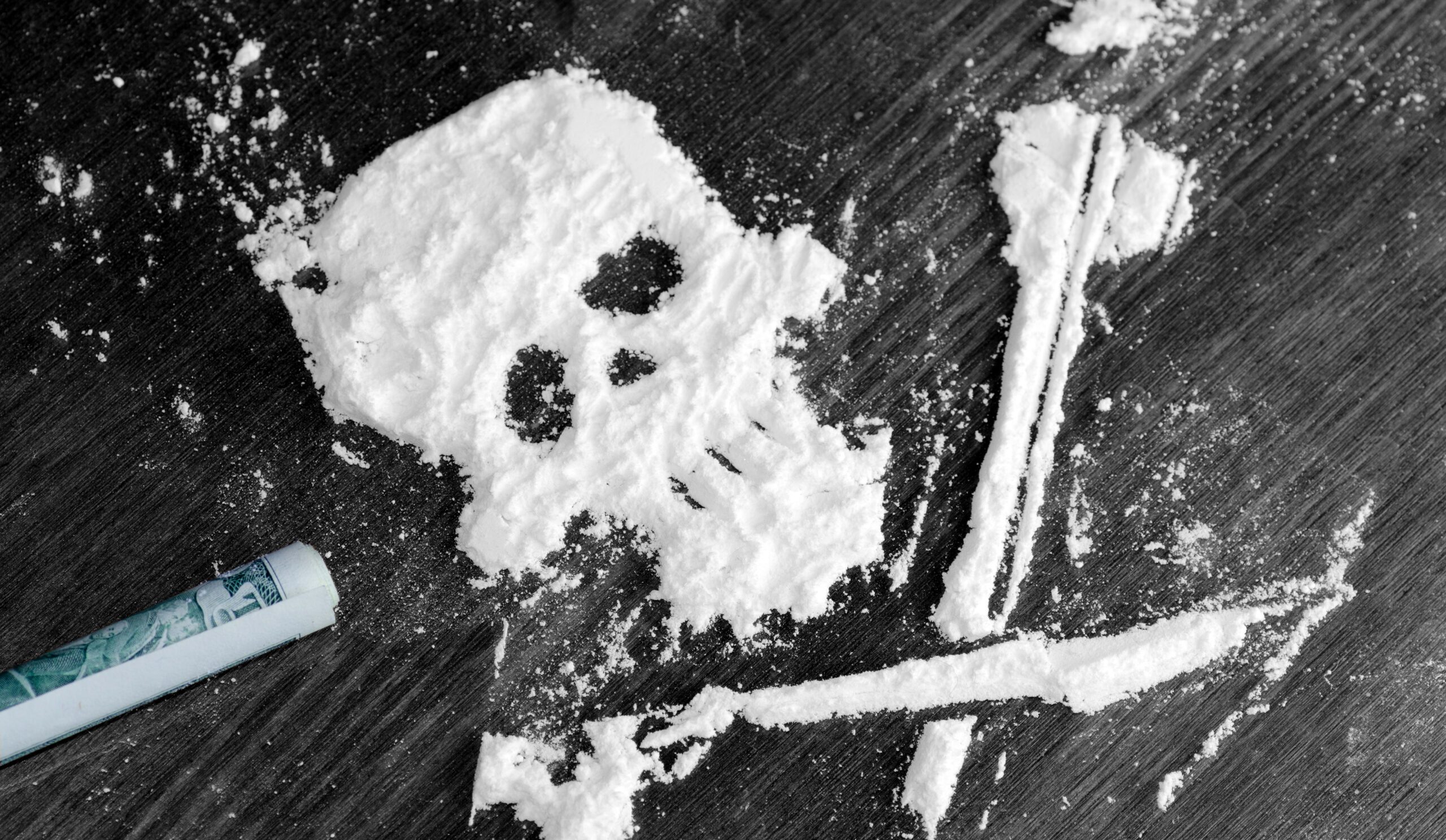In the annals of human history, few substances have experienced such a remarkable and transformative journey as cocaine. What began as a revered medicinal elixir in ancient civilizations has evolved into a notorious recreational drug with devastating consequences. Today, cocaine is commonly associated with illegal drug use and its devastating consequences. But the story of this powerful stimulant goes far beyond its notorious reputation. Let’s explore the history of cocaine.
Cocaine’s Ancient Marvels
When we examine the history of cocaine, it’s roots can be traced back to the ancient civilizations of South America, boasting a history that spans over three millennia. Indigenous cultures revered this plant for its remarkable medicinal properties, using it to alleviate fatigue, hunger, and even altitude sickness.
In 1532, the long-standing prohibition on coca leaf consumption was shattered, as Spanish soldiers provided indigenous laborers with coca leaves to exert dominance and exploitation in the silver mines.
Early Medical History of Cocaine
Fast forward to the 19th century, when the German chemist Albert Niemann isolated the active compound of the coca plant, which he named “cocaine.” Its potential as an anesthetic quickly captured the medical community’s attention in 1880.
Renowned physicians such as Sigmund Freud even hailed it as a “magical drug,” praising its ability to combat depression and fatigue. Despite acknowledging the physical and moral decay associated with cocaine, Freud’s insistence on its merits continued, leading to dire consequences for those close to him.
Coca-Cola’s Secret Ingredient
Then, cocaine found its way into one of the world’s most beloved beverages—Coca-Cola. When the soft drink was first introduced in the late 19th century, it contained small amounts of cocaine, providing consumers with a refreshing kick. The euphoric and energizing effects of the beverage propelled Coca-Cola to unprecedented heights of popularity by the turn of the century. It wasn’t until 1903 that the cocaine content was removed due to mounting concerns over addiction and abuse.
The Golden Age of Cocaine
When we examine the history of cocaine, the early 20th century witnessed a surge in the drugs popularity, especially in medicine. It was prescribed for many ailments, from toothaches to digestive disorders. Even famous figures like Thomas Edison and Pope Leo XIII were known to have indulged in its medicinal charms.
Actress Sarah Bernhardt actively championed the seemingly extraordinary effects of the drug. Its popularity permeated the film industry, and the messages promoting cocaine that emerged from Hollywood at the time impacted millions of individuals. However, the tide was about to turn.
The Dark Side Emerges
As the 20th century progressed, so did our understanding of cocaine’s addictive nature. With increased reports of abuse and addiction, governments and medical professionals grew concerned. By the 1970s, cocaine was classified as a Schedule II drug in the United States, signifying its high potential for abuse and limited medical uses.
Rise of the Recreational Drug
While efforts were made to control cocaine’s distribution and use, the drug’s allure proved hard to resist. The 1980s witnessed the emergence of a cocaine epidemic, with the drug infiltrating popular culture, fueling excess, and devastating communities. Movies like “Scarface” glorified the drug trade, while its impact on society became more evident. By the middle of the 1980s, the regular usage of cocaine extended to approximately six million Americans, with many losing their life to the drug.
One cocaine-addiction horror story is John Belushi’s, the talented comedian and actor. Belushi rose to fame in the 1970s, but a dark descent into drug abuse marred his success. Cocaine became his vice, fueling a destructive cycle of erratic behavior, strained relationships, and deteriorating health. Despite attempts at rehabilitation, his addiction persisted, spiraling out of control. Tragically, on March 5, 1982, he was found dead in his hotel room, a victim of a lethal combination of cocaine and heroin.
The Modern Battle
As the 21st century dawned, governments and organizations intensified their efforts to combat cocaine abuse. Stringent regulations, education campaigns, and addiction treatment programs sought to tackle the growing crisis. However, the demand for cocaine continues, leading to a persistent black market and a need for innovative solutions.
Since 2015, there has been a steady rise in the number of deaths associated with cocaine, reaching a reported total of 24,486 fatalities in 2021.
Seek Help from Cocaine or Other Addictions with Diamond Recovery
Today, the story of cocaine is one of complexity and contrasts. It’s a substance with a long history of medicinal use, once celebrated for its therapeutic potential. However, it also holds a dark side, with its destructive impact on many lives and communities.
If you or your loved ones are grappling with this dark side of cocaine and wish to avoid the fate that has befallen many individuals whose names have faded into history, make sure to seek assistance.
At Diamond Recovery, we are dedicated to helping our patients take the vital first steps toward reclaiming their lives from cocaine dependence. We provide a compassionate and nurturing environment where patients can feel empowered to overcome their addiction.
We aim to offer a wealth of resources and educational materials to equip patients with the necessary tools for their recovery journey. Whether it’s connecting you with further treatment options or providing ongoing support, we are committed to being there every step of the way. Together, we can bid farewell to this drug epidemic that has plagued our lives for centuries.









